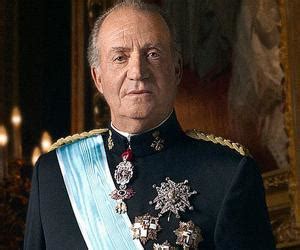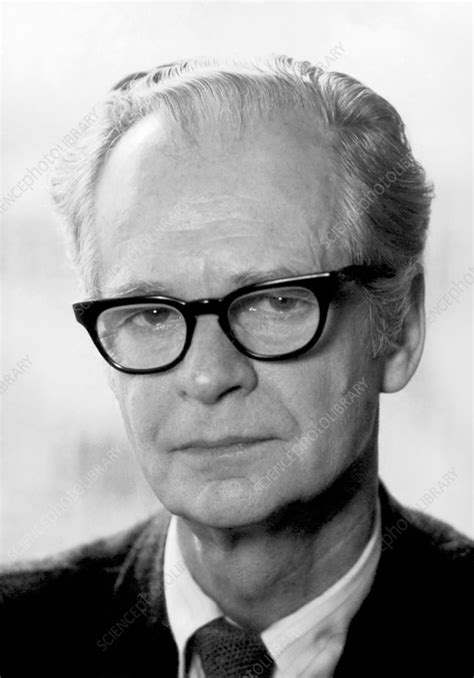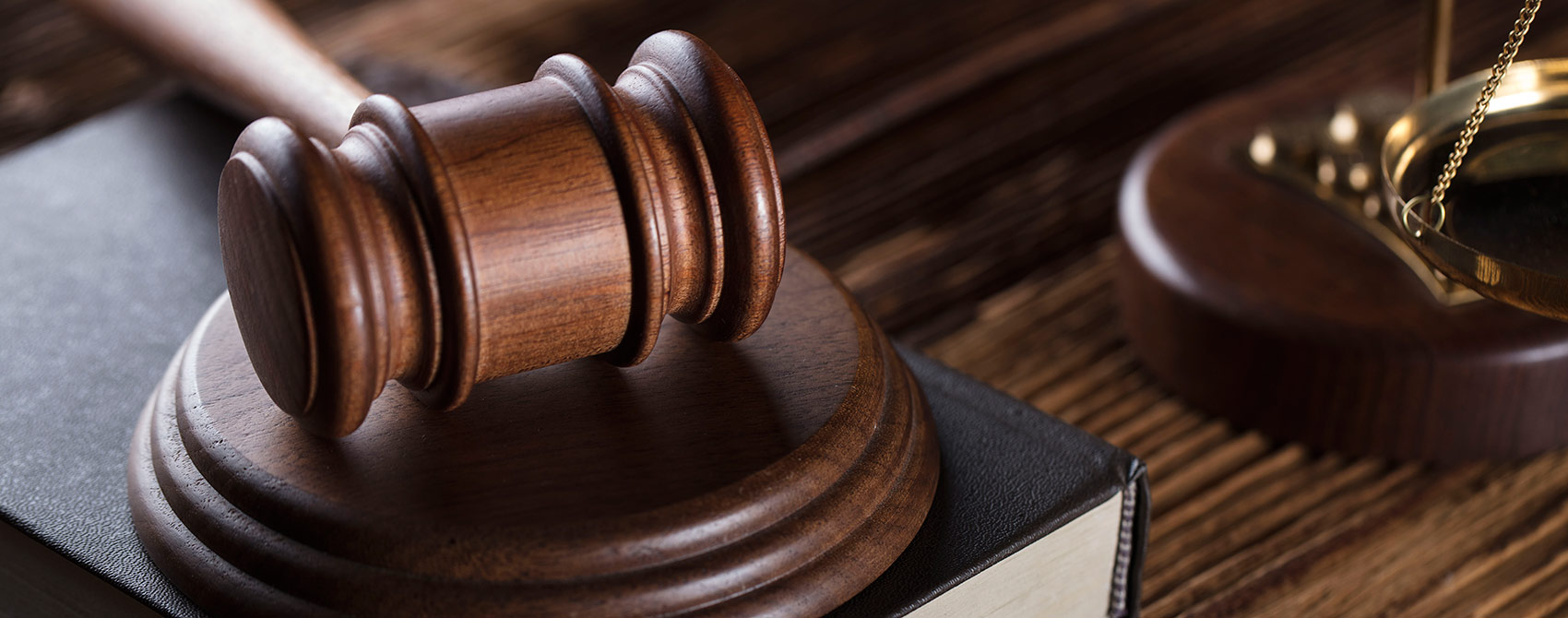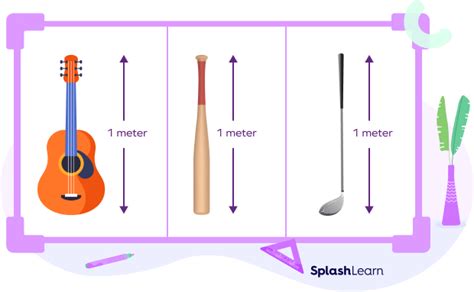Juan Carlos is a name that resonates with significance in various domains, including politics, history, and culture. As a name, Juan Carlos has been borne by numerous individuals who have left an indelible mark on their respective fields. One of the most notable figures to bear this name is Juan Carlos I, the former King of Spain, who played a pivotal role in the country's transition to democracy following the death of General Francisco Franco in 1975.
Key Points
- Juan Carlos I's reign as King of Spain from 1975 to 2014 was marked by significant political and social reforms.
- He oversaw the country's transition from a dictatorship to a constitutional monarchy, earning him widespread respect and admiration.
- As a monarch, Juan Carlos I was known for his commitment to democratic values and his efforts to promote national unity and reconciliation.
- His abdication in 2014 in favor of his son, Felipe VI, marked a new era for the Spanish monarchy, with a focus on modernization and adaptation to the changing needs of Spanish society.
- Juan Carlos I's legacy extends beyond his political achievements, as he has also been a strong advocate for cultural and economic development in Spain and beyond.
The Life and Reign of Juan Carlos I

Juan Carlos I was born on January 5, 1938, in Rome, Italy, to Juan de Borbón, Count of Barcelona, and María de las Mercedes de Borbón-Dos Sicilias. His early life was marked by exile, as his family was forced to leave Spain following the Spanish Civil War. However, he returned to Spain in 1947 to pursue his education and military training. Juan Carlos’s accession to the throne in 1975 was a pivotal moment in Spanish history, as it marked the beginning of a new era of democratic governance and reform.
Transition to Democracy
The transition to democracy in Spain was a complex and challenging process, requiring careful navigation of the country’s political and social landscape. Juan Carlos I played a crucial role in this process, working closely with political leaders and civil society organizations to establish a new constitutional framework and promote national reconciliation. His commitment to democratic values and his willingness to adapt to changing circumstances earned him widespread respect and admiration, both within Spain and internationally.
| Year | Event | Significance |
|---|---|---|
| 1975 | Accession to the throne | Marked the beginning of a new era of democratic governance in Spain |
| 1977 | First democratic elections | Established a new constitutional framework and promoted national reconciliation |
| 1981 | Attempted military coup | Juan Carlos I's leadership and commitment to democracy helped to thwart the coup and consolidate democratic governance |
| 2014 | Abdication | Marked a new era for the Spanish monarchy, with a focus on modernization and adaptation to the changing needs of Spanish society |
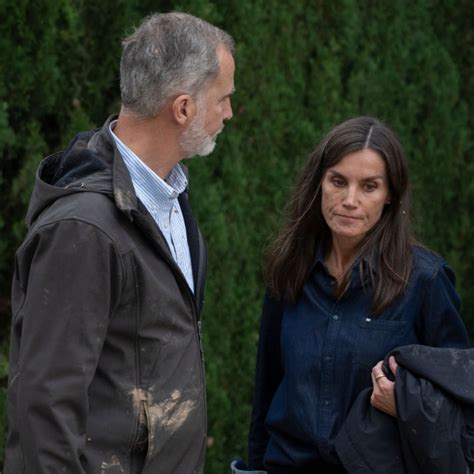
Cultural and Economic Development
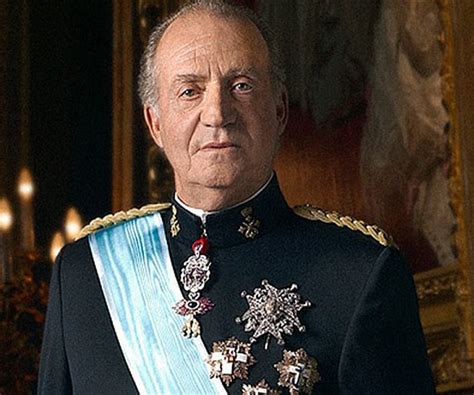
Juan Carlos I has been a strong advocate for cultural and economic development in Spain, recognizing the importance of these sectors in promoting national growth and prosperity. During his reign, he supported numerous initiatives aimed at promoting Spanish culture, including the establishment of the Cervantes Institute, which promotes the Spanish language and culture worldwide. He has also been a strong supporter of economic development, recognizing the need for Spain to adapt to changing global economic circumstances and promote competitiveness and innovation.
Modernization of the Monarchy
The modernization of the monarchy has been a key theme during the reign of Juan Carlos I and his successor, Felipe VI. The monarchy has sought to adapt to changing social and cultural circumstances, promoting a more transparent and accountable institution that is responsive to the needs of Spanish society. This has involved a range of initiatives, including the establishment of a new framework for the management of the monarchy’s finances and the promotion of greater transparency and accountability in the monarchy’s activities.
What were the key challenges faced by Juan Carlos I during his reign?
+Juan Carlos I faced numerous challenges during his reign, including the transition to democracy, the attempted military coup in 1981, and the need to adapt to changing social and cultural circumstances. However, he navigated these challenges with skill and dedication, earning him widespread respect and admiration.
How has the Spanish monarchy evolved since the abdication of Juan Carlos I?
+The Spanish monarchy has continued to evolve since the abdication of Juan Carlos I, with a focus on modernization and adaptation to the changing needs of Spanish society. Felipe VI has sought to promote a more transparent and accountable institution, while also recognizing the importance of tradition and continuity.
What is Juan Carlos I’s legacy, and how will he be remembered?
+Juan Carlos I’s legacy is complex and multifaceted, reflecting his commitment to democratic values, his role in promoting national reconciliation, and his advocacy for cultural and economic development. He will be remembered as a key figure in Spanish history, who played a pivotal role in shaping the country’s transition to democracy and promoting its growth and prosperity.
